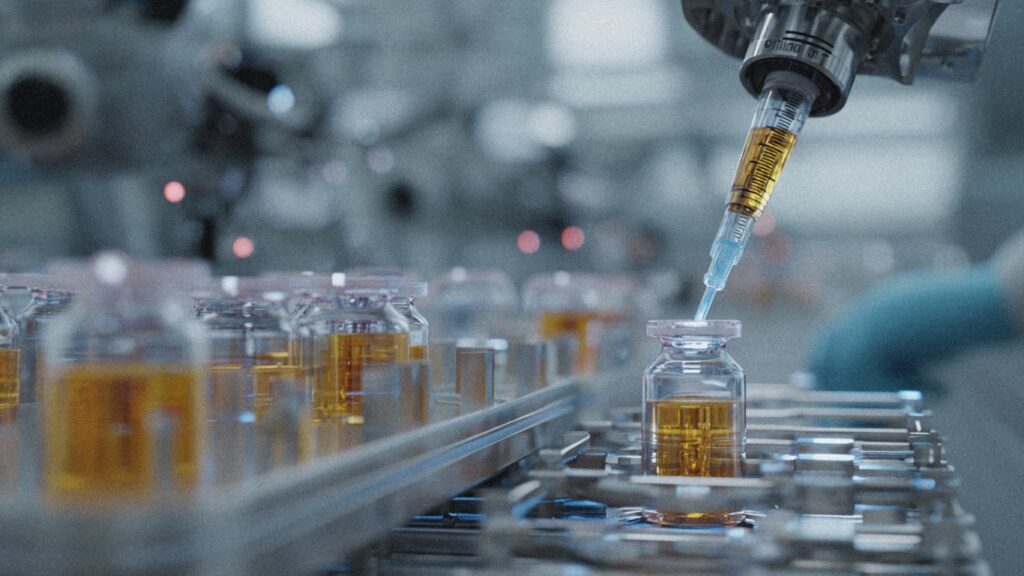Key Takeaways:
- Wearable devices are advancing from fitness tracking to clinical-grade health monitoring.
- Innovations include devices for chronic disease management, remote patient monitoring, and mental health.
- Challenges like data security and regulatory hurdles must be addressed for broader adoption.
Wearable health devices, once limited to tracking steps or monitoring heart rates during workouts, are evolving into powerful tools for healthcare. From smartwatches that detect atrial fibrillation to glucose monitors for diabetics, wearable devices are reshaping how we approach health and wellness.
In 2025, the market for wearable health technology is projected to exceed $30 billion, fueled by demand for continuous health monitoring, personalized care, and remote patient engagement. Let’s explore how wearables are advancing healthcare and the opportunities and challenges that lie ahead.
Wearables Advancing Healthcare
Chronic Disease Management
- Wearables are transforming how patients manage conditions like diabetes, hypertension, and sleep apnea.
- Devices such as continuous glucose monitors (CGMs) by Dexcom and Abbott provide real-time insights, enabling users to adjust their behavior or treatment in real time.
Remote Patient Monitoring (RPM)
- Remote monitoring through wearables allows healthcare providers to track patients’ vitals outside clinical settings.
- Examples:
- BioIntelliSense’s BioSticker tracks respiratory rate, heart rate, and temperature for high-risk patients.
- Medtronic’s LINQ II monitors heart rhythms to detect arrhythmias.
Cardiovascular Health
- Devices like Apple Watch and Fitbit Sense detect atrial fibrillation (AFib) and provide ECG monitoring.
- These innovations are empowering users to take a proactive role in managing their cardiovascular health while offering doctors actionable data.
Mental Health Monitoring
- Emerging wearables track biomarkers linked to stress, anxiety, and depression.
- Example: Apollo Neuro uses vibration therapy to reduce stress and improve focus.
Early Disease Detection
- Startups are developing wearables capable of detecting early signs of diseases like Parkinson’s or Alzheimer’s through motion tracking or cognitive performance monitoring.
- These devices could play a crucial role in preventative care.
The Benefits of Wearable Devices
- Continuous Monitoring: Provides round-the-clock insights into health metrics, allowing for early intervention.
- Personalized Healthcare: Tailors recommendations based on real-time data, improving treatment outcomes.
- Reduced Hospital Visits: RPM reduces the need for in-person follow-ups, saving time and resources for both patients and providers.
Challenges to Address
Data Privacy and Security
- With sensitive health data being collected, securing patient information is paramount. Breaches could undermine trust and adoption.
Regulatory Approval
- As wearables move into clinical applications, they must meet FDA standards for accuracy and safety. Navigating these regulatory pathways can slow development timelines.
Integration with Healthcare Systems
- Wearable data needs to integrate seamlessly with electronic health records (EHRs) to be useful for providers, but interoperability remains a challenge.
Cost and Accessibility
- High costs of advanced wearables may limit access for certain populations, creating disparities in healthcare outcomes.
What’s Next for Wearables?
Advances in Biosensors
- Future wearables will feature more sophisticated biosensors capable of tracking additional biomarkers, such as hydration levels, blood oxygen, and stress hormones.
AI and Predictive Analytics
- AI-powered wearables will analyze data in real time to provide early warnings about potential health issues, such as cardiac events or infections.
Expanding Use Cases
- Beyond chronic diseases, wearables are being developed for applications in fertility tracking, cancer monitoring, and even drug adherence.
Collaborations with Healthcare Providers
- Partnerships between medtech companies and healthcare systems will drive the adoption of wearables for clinical use. For example, Kaiser Permanente has integrated Fitbit data into its care plans.
Leading Players in Wearable Health Devices
- Apple: Innovating with features like ECG monitoring, blood oxygen tracking, and fall detection.
- Dexcom: A leader in continuous glucose monitoring for diabetics.
- Fitbit (Google): Expanding from fitness tracking into mental health and cardiovascular monitoring.
- Medtronic: Developing clinical-grade devices for remote cardiac monitoring.
- WHOOP: A wearable designed for athletes, focusing on recovery and strain management but expanding into overall health monitoring.
Conclusion
Wearable health devices are moving beyond fitness tracking to become indispensable tools in healthcare. From chronic disease management to mental health monitoring, these devices are empowering patients and healthcare providers alike to make more informed decisions.
However, for wearables to realize their full potential, the industry must address challenges around data privacy, regulatory compliance, and integration into healthcare systems. As advancements in biosensors, AI, and interoperability continue, wearables will play a pivotal role in delivering personalized and preventative care.
The future of healthcare is wearable, and it’s closer than you think.


